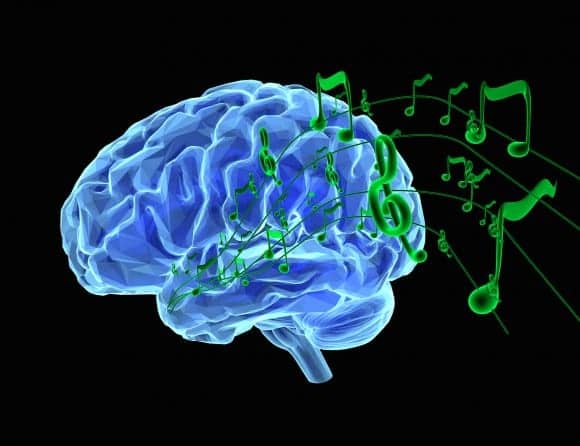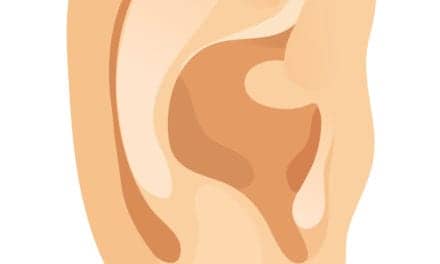Northwestern University reported that Nina Kraus, PhD, a professor of neurobiology, physiology and otolaryngology, shed light on one of the brain’s most complex tasks–making sense of sound–during the Falling Walls Conference held November 8-9, 2015 in Berlin, Germany.
The annual Falling Walls Conference highlights new discoveries or breakthrough research studies by scientists and leaders spanning a range of fields. During her 15-minute conference presentation, Kraus explained how she was able to devise a new way to measure what happens in the brain when it is processing sounds such as speech and music.
“The sounds of our lives change our brain,” said Kraus, an inventor, amateur musician and director of Northwestern’s Auditory Neuroscience Lab in the School of Communication. “In our lab, we investigate how sound changes the brain, and how different forms of enrichment or decline influence how our brain processes sound. We’re able to look at how the brain processes essential ingredients in sound, which are rooted in pitch, timing, and timbre.”
To measure the brain’s response to sound, researchers in Kraus’s Auditory Science Laboratory at Northwestern pipe speech or music directly into the ears of study volunteers. The scientists then measure the electricity created by the brain as it translates sound through sensors attached to participants’ heads. Results from a series of studies involving thousands of participants from birth to age 90 suggest that the brain’s ability to process sound is influenced by everything from playing music and learning a new language to aging, language disorders, and hearing loss. Kraus’s studies indicate that across the lifespan, people who actively play music as a hobby can hear better in noise than those who don’t play music. Her lab’s work also suggests that poverty and a mother’s education level can affect a child’s ability to process the essential parts of sound.
This new capability for measuring sound processing in the brain has led to other discoveries in neuroeducation by Kraus and her team. Moving out of the lab, they have conducted studies in schools, community centers, and clinics. According to Kraus, sound processing in the brain can be a neurological marker for issues such as autism, dyslexia, and learning delays.
“Making sense of sound is one of the most computationally complex tasks we ask our brains to do: process information in microseconds,” said Kraus, the Hugh Knowles Professor of Communication Sciences at Northwestern. Kraus noted that it is, therefore, not surprising that after being affected by hearing loss, aging or head injuries, our brains have trouble understanding sound in noise. She added that sound processing in the brain is a measure of brain health.
For more information, or to see live streaming of Kraus’s talk at the conference, visit the Northwestern University website.
Source: Northwestern University
Image credits: Northwestern University; © Ingridneumann | Dreamstime.com






